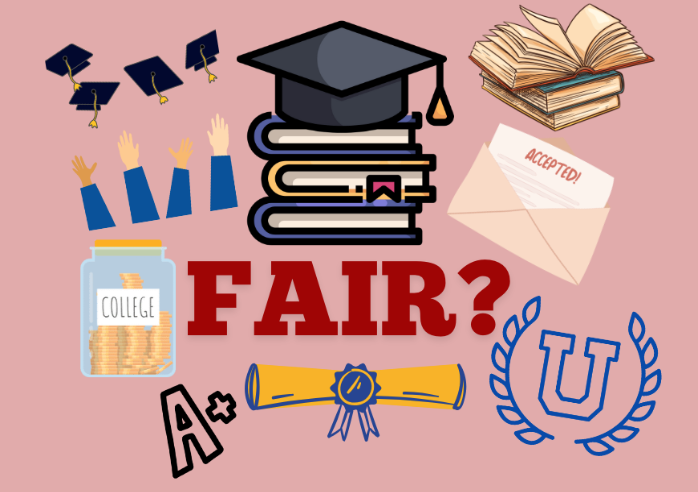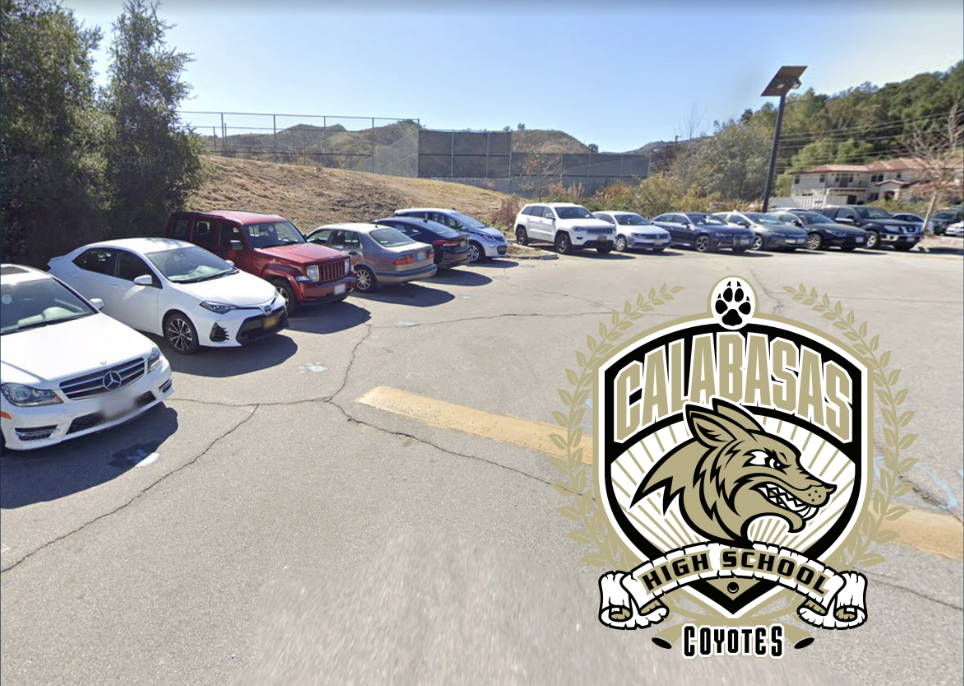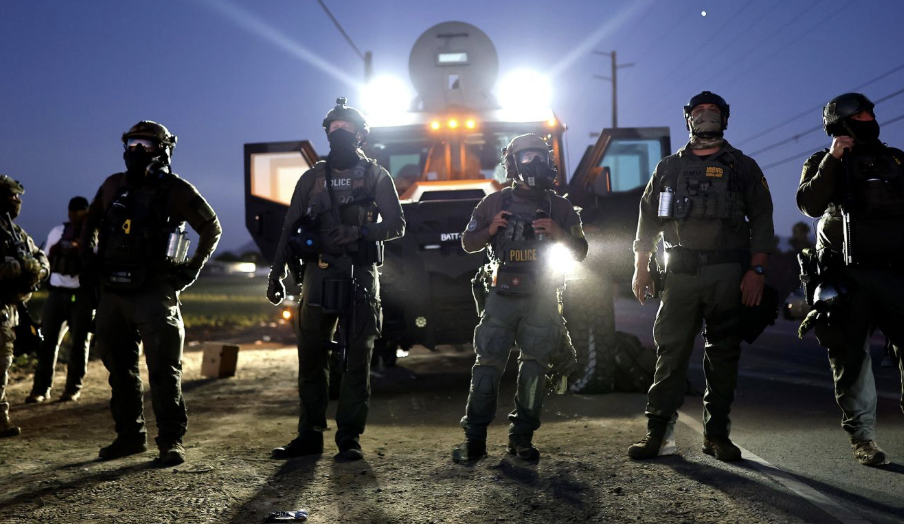Every year, over a million students use the Common App to apply to college. From SAT/ACT scores to activity lists to supplementals, the process is incredibly daunting with around 300,000 students starting but not finishing an application. Since applicants spend this much time and money on their applications, one would hope that the process is equitable. But with the rise of ChatGPT, the use of college admissions counselors and the death of the SAT, it certainly seems that the application process is becoming more and more skewed.
ChatGPT has become the latest way for students to dodge their schoolwork. Simply give the AI the question and within seconds an answer is given. What is stopping students from doing the same with their college applications?
While there are many different AI and plagiarism detectors, should a student edit the ChatGPT-written essay, it becomes more and more difficult for these programs to accurately identify non-original work. This creates a situation where students can both get away with not truly writing their applications as well as potentially having essays that better align with what the schools are looking for, depending on how advanced ChatGPT becomes.
The use of college admissions counselors causes a similar problem with colleges not being able to accurately assess the character of their applicants. While useful, not everyone can afford or have access to a private counselor, putting more affluent students at an advantage. While college admissions counselors are simply meant to help with the application process, what is truly stopping students from paying experts to write their application questions for them?
College applications have students affirm that everything in the application is their own original work. But if a student is willing to lie on one part of their application, why would they be against lying on the integrity form as well?
The purpose of standardized tests, like the SAT, was to put everyone on an even playing field. However, SAT/ACT scores became optional to obsolete, due to equity problems associated with the tests with more schools becoming test-optional or test blind. While this was meant to make college applications more fair, this has only worsened the problem since college essays are just as subject to inequality. With the SAT/ACT being fazed out for being inequitable; it stands to reason that college essays should be as well.
Even ignoring the validity issues revolving around college essays, they should still be removed from the application. Students should not have their character considered beyond anything that could be reflected in a letter of recommendation. Imagine a student with perfect grades, a 1600 and a list of extracurriculars a mile long. They get rejected by a college. Why? Because of their personality. Social media already makes teenagers compete to appear more interesting than they truly are. Why do college applications also need to be a popularity contest?
It makes sense that colleges do not simply want students who will stay in their dorms studying; they want students who will positively interact with their campus. The activities a student does show this proclivity. College essays do not. Currently, some essays have students write about these experiences, albeit with limited word counts. If there are any essays left on college applications, the questions need to be about the student’s extracurricular activity participation.
College applications do not present realistic pictures of their applicants anymore. Applications desperately need to adapt to modern times. This should come through a variety of changes from more one-on-one interviews with applicants to minimize plagiarism to an increased importance on activity lists for a more accurate representation of the student. Sadly, people will always find a way to cheat, but colleges need to at least make it more challenging.















